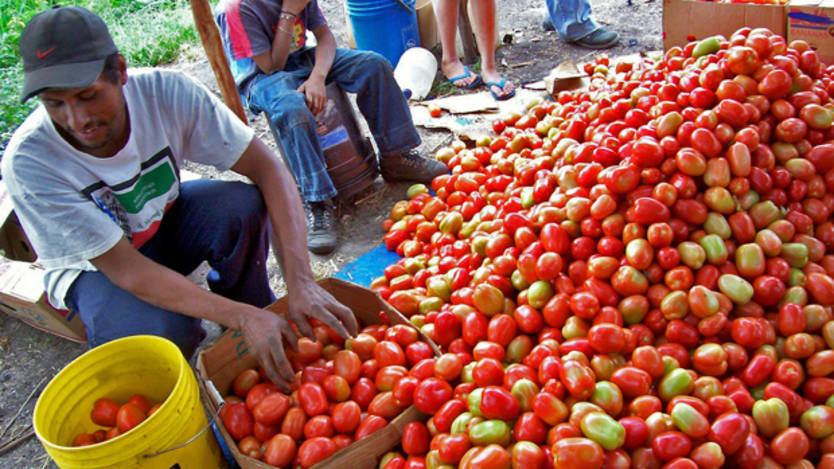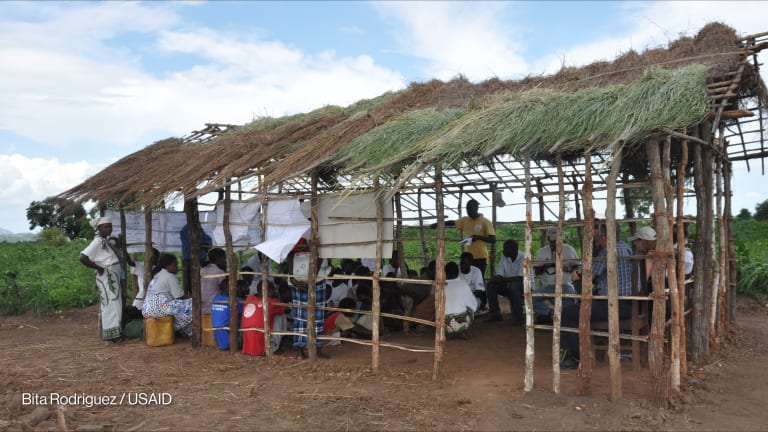
On Monday, the U.S. Agency for International Development will launch a progress report ahead of a three-day global forum on Feed the Future, the U.S. government’s initiative to advance food security in 19 countries.
Bangladesh, Senegal and Honduras have shown the strongest results, according to a USAID spokesperson, and the 2013 progress report leans heavily on examples of success from those three countries. The spokesperson added that among participating U.S. companies DuPont and Cargill have been the “most supportive” of the initiative, while Texas A&M, Kansas State, UC Davis, Tufts and Penn State have taken the lead among supporting universities.
U.S. government investments leveraged more than $160 million in private sector investment targeted at initiative’s goals, a 40 percent increase from 2012, according to the progress report.
The report also stresses the need to create a stronger link between food security and nutrition, noting that, “undernutrition contributes to 3.1 million child deaths” every year. USAID is expected to release in the coming months a new nutrition policy to outline how programs will address issues like childhood stunting.
Feed the Future aims to reduce stunting rates in its “zones of influence” by 20 percent.
Read more on U.S. aid reform online, and subscribe to The Development Newswire to receive top international development headlines from the world’s leading donors, news sources and opinion leaders — emailed to you FREE every business day.
See more:
4 years on, Feed the Future at a turning point
Feed the Future: Progress made, challenges ahead
How USAID can engage civil society in Feed the Future




